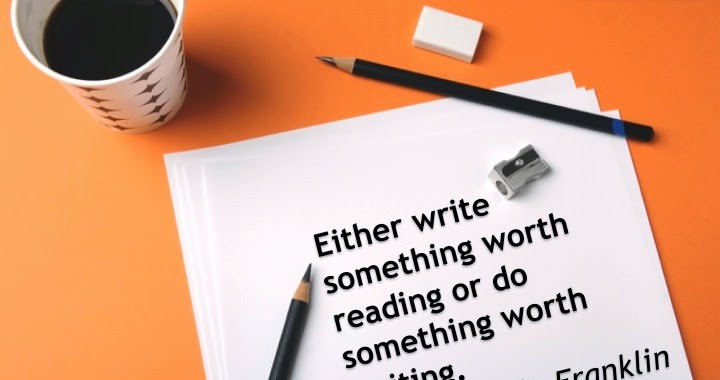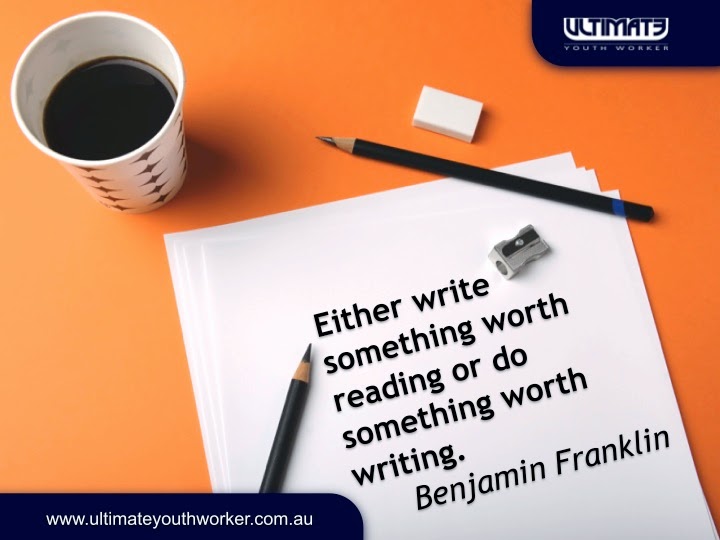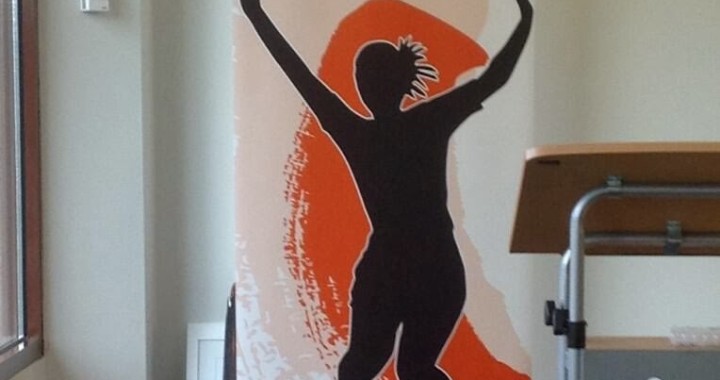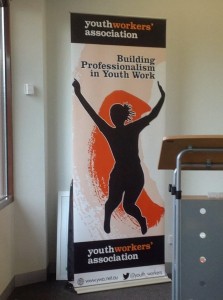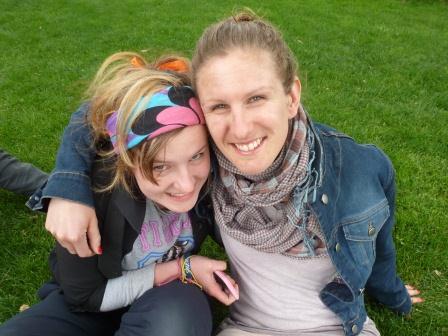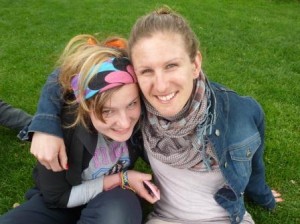Leadership.
For an extremely long time now people have understood the importance of having good leaders. This is emphasized by the amount leadership summits and courses that are regularly held around the globe. Furthermore, there are probably thousands (perhaps even more?) of books on some aspect of leadership published each year. Not even to mention the various TED talks on this topic! “Leadership” has become a cultural buzzword and no-one wants to be left behind. And not being slouches, we as youth workers will not to be left behind either! (As one we scream and throw our fists in the air! Yeah, yeah I know I’m getting a bit carried away, but seriously, can you imagine a bunch of youth workers going all “Braveheart”?)
Now, I don’t know about you but I am crazy about sports. It is especially in sports that the role of the captain, the leader, comes under close scrutiny from coaches, peers and fans alike. Venturing an uninformed guess I’d say that there is a correlation between a team’s performance and their captain’s performance in a given game and/or season. If the captain’s performance is above par, most times the team tends to be successful. On the flipside, if the team falters in their performance, the captain will be one of the first to be held accountable. Keeping this in mind, in this post I’ll be sharing some basic thoughts that you as captain and team-leader might find helpful on your way to a “winning and successful season”.
1. Teamwork and diversity
The importance of teamwork has been discussed thousands and thousands of times. However, what sometimes remains lacking is a focus on diversity within the team. The team leader cannot do everything, nor can everyone in the team think the same way. The team needs to be made up of people with diverse leadership approaches and skills. For instance, my leadership role is that of ‘thinker’. But as thinker I cannot only be surrounded by thinkers. That way nothing ever is going to get done. So for example I need to look for a few ‘doers’ – people who play in different positions. Furthermore, I need to know when to pass the ball to my team members, those leaders on the team who are in a better position to deal with certain situations.
2. Lead from the front, encourage from the back
The captain needs to lead from the front. Every team has a particular strategy, a game-plan, which they want to follow and the captain has to set the example. He (or she) needs to model the strategy. But this is more than merely showing the way, it’s about encouraging others to follow the path. It’s about the embodiment of your organisation’s code of ethics, but it is also about carefully mentoring the less experienced leaders in your team to do the same. You are a leader of leaders, who has to make even more leaders. This feat won’t come easy and in the process you might want to consider reading up a bit on coaching and emotional intelligence.
Finally, to be the best, the captain has to stay a little longer at the fields and work a little harder. All for the sake of his/her team. You know your team. You know your organisation. And you know what it will take to get the job done. Read more books, speak to different kinds of people, and even enrol for extra courses if you have to. It seems to me that the importance of continued education and learning is underrated in the field of youth work. Furthermore, see to it that you have a good support system in place. I’d hate to see you burn yourself out in the process. We all work hard, but there’s a fundamental difference between giving your all, and being reckless. Take care of yourself. The captain also looks well after his/her own well-being.
Most of all have fun, keep it simple and give every “game” your best. So captain, what do you think?
Neels Redelinghuys





